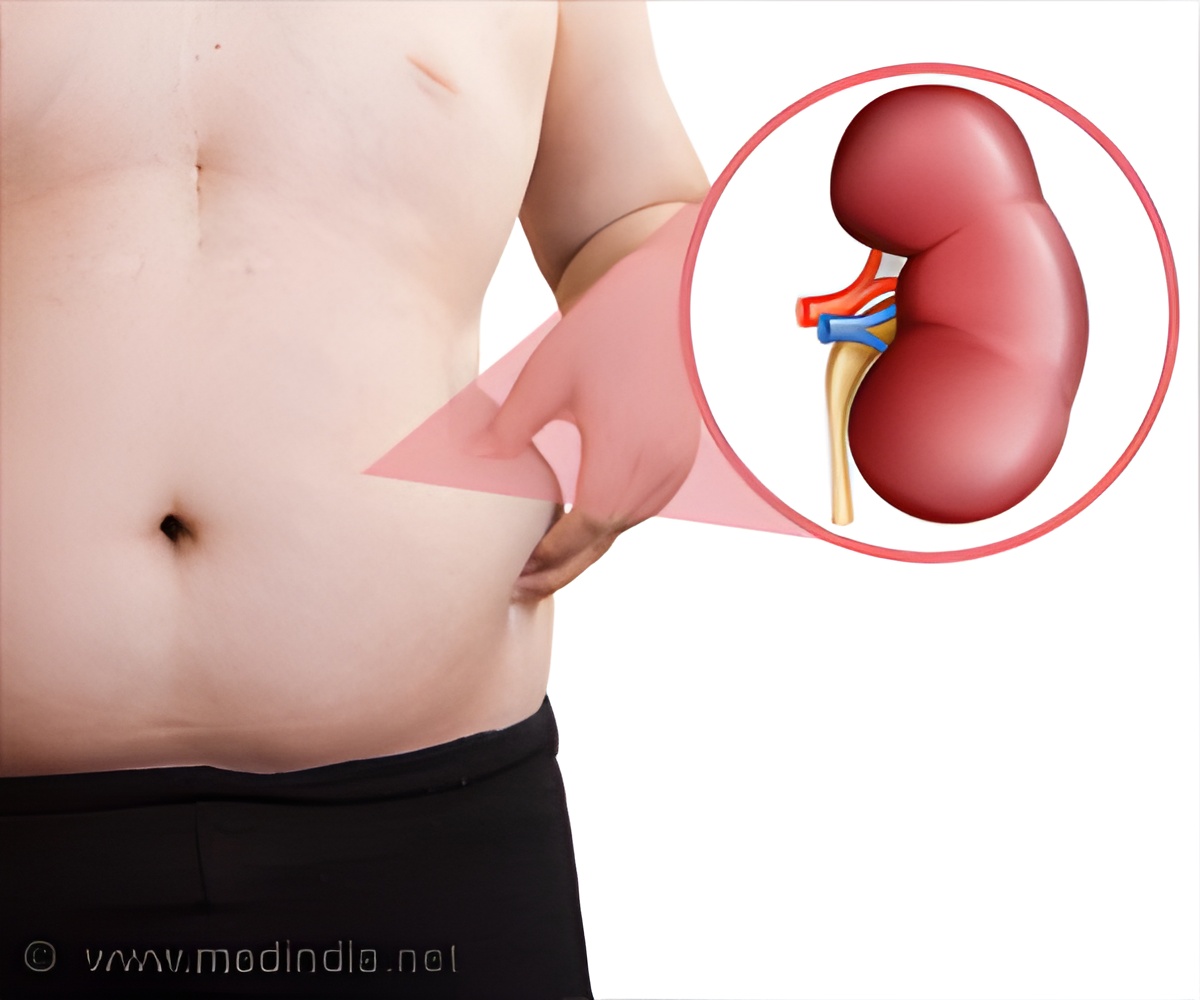In renal transplants, several outcomes are better in people with a lower body mass index (BMI) as compared to those with a higher BMI.

What is a Renal Transplant?
A renal transplant is a procedure where a kidney from a living donor or cadaver is surgically placed into a person whose kidneys have failed and no longer function. A renal transplant is usually the last option for a person with severe kidney disease.What is Body Mass Index (BMI)?
Body mass index (BMI) is a measure for adults to check if they have an ideal body weight in proportion to their height.
For adults,
- a healthy BMI is in the range of 18.5-24.9.
- BMI in the range of 25-29.9 is considered overweight
- BMI in the range of 30-39.9 is considered obese
- BMI higher than 40 is extreme obesity
- BMI lower than 18.5 is underweight.
Influence of Body Mass Index on Renal Transplant Outcomes
Obesity is associated with several conditions like type II diabetes, hypertension, and high cholesterol levels. Therefore, it is possible that obese patients receiving a kidney transplant may be exposed to more complications during and after the transplant, which raises the question whether obese patients should be advised transplantation at all.In the most recent study on BMI and renal transplant outcomes published in May 2015, researchers Lafranca, IJermans, Betjes and Dor systematically evaluated the outcome of renal transplant and graft survival from data obtained from patients with low and high BMI.
The researchers conducted detailed searches in databases like MEDLINE OvidSP, Web of Science, Google Scholar, Embase, and CENTRAL (the Cochrane Library 2014, issue 8). They included 56 studies, and extracted data from more than 209,000 renal transplant recipients.
- Mortality
- Delayed graft function
- Acute rejection
- 1-, 2- and 3-year graft survival
- Wound infection and dehiscence (Wound dehiscence is a surgical complication where the wound ruptures along the sutures.
- NODAT (New-onset diabetes after transplantation)
- Length of hospital stay
- Operation duration
- Hypertension
- Incisional hernia. Incisional hernia refers to a hernia caused at the site of an incompletely healed surgical incision.
However, this does not mean that obese individuals cannot undergo renal transplantation. The risk for complications following renal transplantation should be weighed against the benefits of the procedure in these individuals, and the patients should be advised accordingly.
http://www.mayoclinic.org/tests-procedures/kidney-transplant/basics/definition/prc-20014007
http://www.nhs.uk/chq/Pages/3215.aspx?CategoryID=52
Source-Medindia












